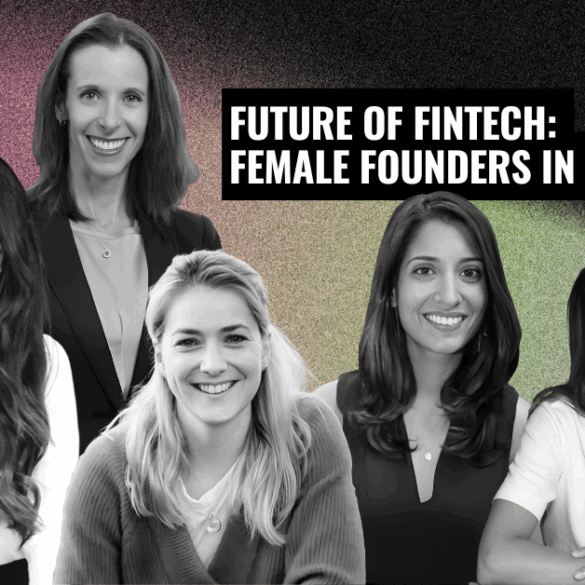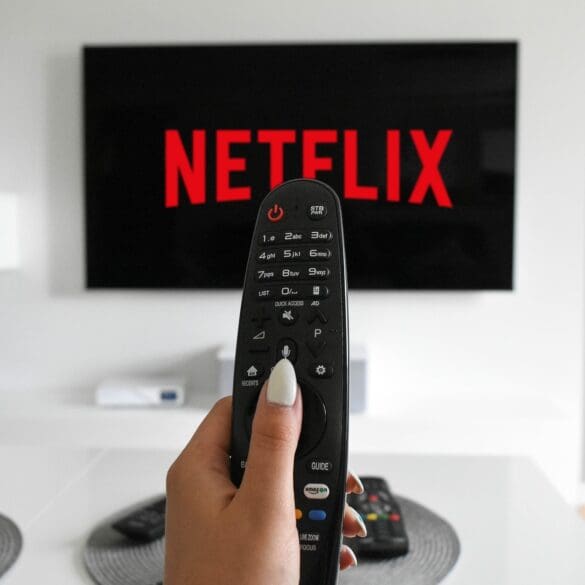According to the The Federal Reserve’s 2016 Survey of Consumer Finances the median net worth for Black households was only...
The industry wide thinking is that most people who use check cashing or pre-paid cards were making a big mistake; banking executives believe check cashing and pre-paid cards are a lot more expensive than bank accounts, but the reality shows a different picture altogether; University of Pennsylvania Professor Lisa Servon wanted to understand why the check cashing industry was such big business and why people were using these services instead of banks; what she found was, if you factor in account fees and overdraft charges, banking was more expensive for people living paycheck to paycheck; these individuals were consciously making the choice to not use banks and she found that there were three main reasons for this trend: cost, transparency and service. Source
Over 250 investors, entrepreneurs, bankers, and regulators attended the 2019 Fintech for Inclusion Summit to discuss how to expand access...
Digital bank G10 is the first of its kind in a Brazilian favela, low-income areas which together account for roughly 17 million citizens.
Writing in Forbes Alex Lazarow of Cathay Innovation discusses the challenges of scaling of fintech startup in an emerging market;...
The new venture firm, Flourish, from The Omidyar Network is launching to investing in startups whose innovations are helping people...
·
Fintech Nexus asked peers to recommend female fintech founders who they felt we all should watch over the next year....
The House passed an appropriations amendment which included $2mn for a postal banking pilot program; postal banking has gained momentum...
The desire for increased financial inclusion is a primary driver behind the increased use of alternative data in lending decisions, a new report from LexisNexis Risk Solutions finds.
Humaniq is a blockchain startup focused on financial inclusion; the company released an alpha version of their app; initial features include remittance payments and P2P lending as well as support for cryptocurrencies such as bitcoin and ether; Humaniq also has their own tokens called HMQ; app includes biometric ID verification for unlocking and verifying transactions; user profiles are based on facial and voice recognition algorithms; according to CEO Alex Fork: "Our initial target audience is people in emerging economies, and many of them don't have email. By using biometric ID we make the signup process more inclusive for people with low literacy while also lowering opportunities for fraud. Each real person will only ever be able to create one account, and no one will ever be able to steal their account. For businesses, a network full of real people is a dream come true, for reasons that are self-evident." Source




